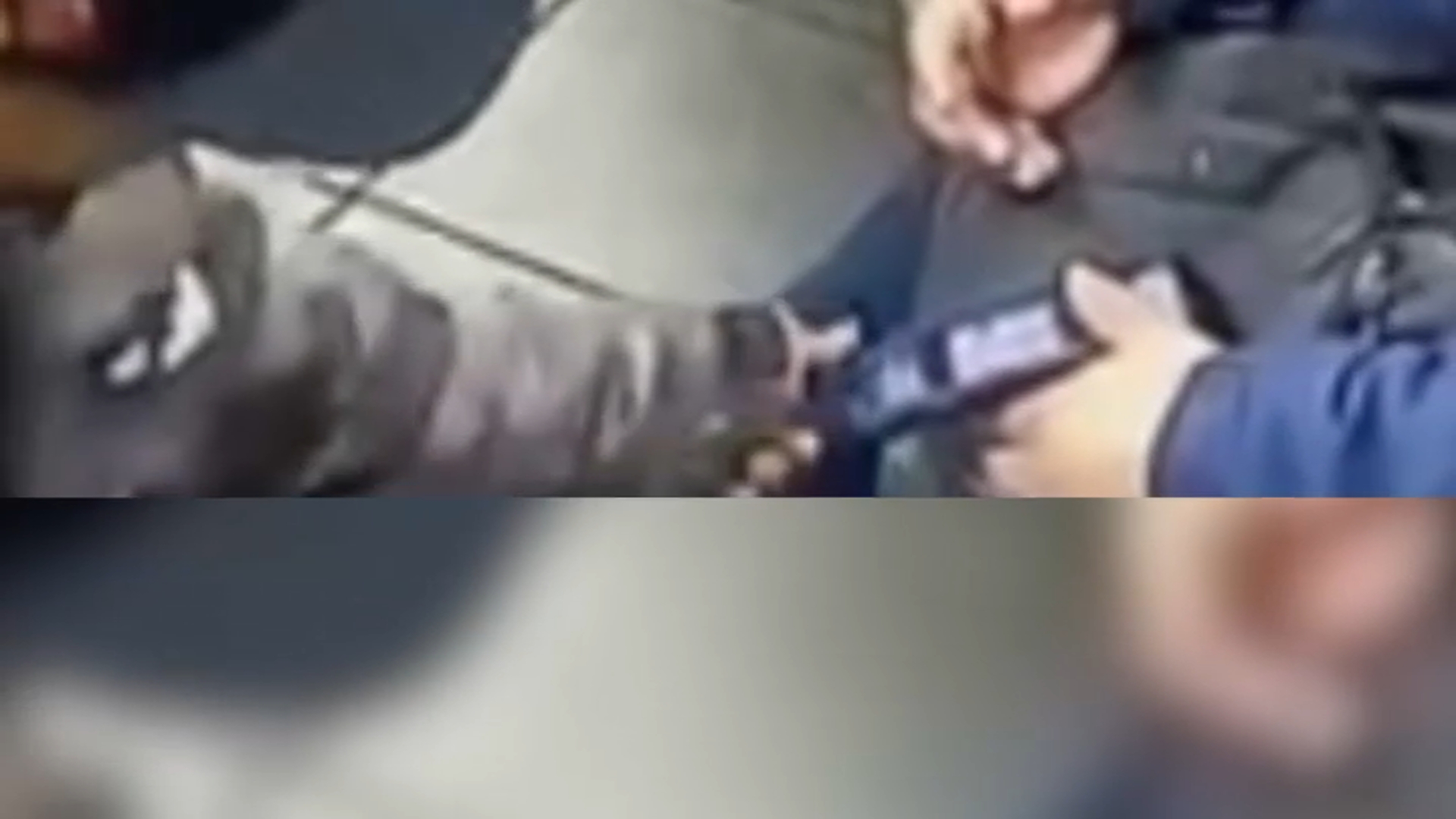The killing of George Floyd prompted soul searching at police departments across the country, including the NYPD.
Last year's massive demonstrations, with thousands of activists marching elbow-to-elbow on New York City streets for days, called for a whole menu of police reforms. The sweeping demands they called for included: police transparency, police accountability, and a movement to "defund the NYPD."
And so, one year later, what has actually changed at the NYPD?
Nialah Edari is one of the protesters who took to the streets a year ago, and she is not satisfied with the pace of NYPD reforms.
Get Tri-state area news and weather forecasts to your inbox. Sign up for NBC New York newsletters.
"Are people still being murdered by the police? If that answer is yes, then we haven’t gone far enough," said Edario, the co-founder of the group Freedom March NYC.
She is not alone in her disappointment. Twelve months after Floyd’s death, the group “Communities United for Police Reform” says Mayor Bill de Blasio's administration has failed to deliver on this announcement to cut the NYPD budget by $1 billion dollars.
Did the city really defund the NYPD? The non-profit, non-partisan Citizen’s Budget Commission said the city did reduce its police force by about 1,200 officers. However, those cuts amounted to less than half of the $1 billion announced by de Blasio, much of which was cut was overtime.
News
“Spending on overtime this year is already higher than the budget," said Ana Champeny of the Citizen's Budget Commission. "So some of these cuts that were implemented aren’t really going to hold up in the end.”
Beyond defunding the NYPD, protesters also asked for more police transparency. In response to their request, Albany made police disciplinary records public — but when the department published those records, the I-Team found dozens of cops have never been punished, despite being defendants in brutality lawsuits that cost millions in settlements.
“We’re still footing the bill when the NYPD gets sued," said Adilka Pimentel of Make the Road NY. "That to me doesn’t feel transformative.”
In response to the call for police accountability, the New York City Council passed a bill ending what’s known as qualified immunity, which mean citizens would be able to more easily sue officers that violate their civil rights.
“We hope that it encourages and puts an incentive for officers to obey the law. To respect people’s constitutional rights," said City Councilmember Stephen Levin, of Brooklyn.
But critics say exposing cops to civil lawsuits might lead them to avoid making tough arrests. President of the Sergeants' Benevolent Association Ed Mullins said that doing so would force cops to "think twice before they get involved with something." He blames a recent uptick in city gun violence on the very reforms after last summer’s protest.
But the NYPD's highest ranking uniformed officer disagrees.
“If you just take a look at what we’ve done this year, we’ve gotten more guns off the streets since 1996. So the cops are still motivated to work," said NYPD Chief of Department Rodney Harrison.
Near a peaceful protest at the Holland Tunnel, Harrison said the department is better trained since clashing with protesters last summer, and is up to the task of rebuilding community trust, as well as morale.
“People may not understand the dangers that come with being a New York City police officer," Harrison said. "But I just want to let the police officers know that I have their back. And I’m going to support them and we’ll get through this.”



